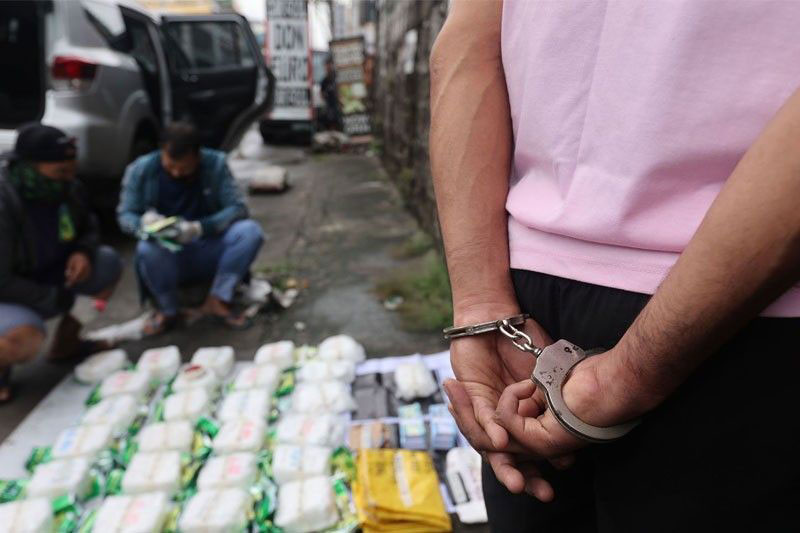US to support Manila’s efforts vs drug abuse

THE UNITED STATES Embassy in Manila on Thursday said the US would continue helping the Philippines craft solutions and strategies to deter drug abuse.
In a statement, the embassy said its Office of International Narcotics and Law Enforcement Affairs (INL) has partnered with the Association of Anti-Drug Abuse Coalitions in the Philippines, Inc. and the Community Anti-Drug Coalitions of America to exchange information on preventing rampant drug use in communities.
“The US government will continue to support the development of effective anti-drug abuse coalitions and facilitate opportunities for sustainability at both the local and national levels,” INL Director Kate Riche said at a drug abuse conference in Laguna province this week, according to the embassy.
At the event, more than 130 representatives from more than 42 anti-drug abuse coalitions were trained to develop marketing and media campaigns, community engagement programs and other strategies against the spread of drug abuse in local communities, the US embassy said.
The program is part of a P22-million ($400,000) grant provided by the US to bolster Philippine efforts against illegal drug use through advocacies and by setting up anti-drug coalitions in local governments.
In May, the Philippine Department of Interior and Local Government and Department of Health partnered with the United States Agency for International Development (USAID) to enhance community-based drug rehabilitation programs nationwide.
Under the deal, USAID will provide information and drive programs on behavioral change in relation to illegal drug use.
The International Criminal Court (ICC) in January reopened its probe of ex-President Rodrigo R. Duterte’s deadly drug war, saying it was not satisfied with Philippine efforts to probe human rights abuses in the campaign.
President Ferdinand R. Marcos, Jr. has said his government is considering rejoining the ICC, which is investigating his predecessor for alleged “crimes against humanity.”
He had ruled out cooperation with the international court, saying its probe violates Philippine sovereignty given the country’s fully functional justice system. — John Victor D. Ordoñez



